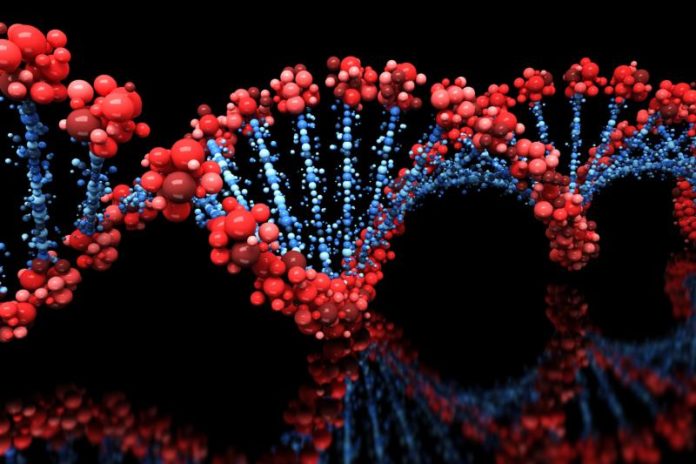Key Nucleosome Destabilizing Factor Aiding Transcription Identified
Transcription is something we do in our daily lives, and it is also something that our cells have to perform, in a more technical and narrowly defined manner. In biology, however, transcription is the procedure for copying the DNA sequence of a gene at exactly the same alphabet of RNA.
The first step in gene expression, Transcription, is the process of rewriting information from a gene which is used to construct a functional product such as a protein. And despite its importance, the process of transcription by RNA polymerase II (Pol II) is limited by our knowledge of the factors that mediate this critically important process.
Now, scientists at the University of California San Diego have reported the identification of a key factor that unravels nucleosomes and the transcription pathway.
“It’s a special privilege to discover a new activity in the regulation of our genes,” said James Kadonaga, adding that the breakthrough came as a result of postdoctoral researcher Jia Fei’s interest in factors that might disassemble or destabilize nucleosomes. “This novel approach led to the identification of NDF as a nucleosome destabilizing factor.”
Genes are particular functional sections in our DNA, and are
a long molecular chain of genetic directions. When genes are switched on, a molecule called RNA polymerase travels across the DNA and creates a working copy (RNA) of their DNA.Here, nucleosomes, that seem like beads on the DNA series, pose a difficulty as they obstruct the passing of this polymerase. This resulted in the question: What’s the polymerase capable to journey through nucleosomes?
The response appeared with the identification of NDF, which destabilizes nucleosomes and empowers the development of this polymerase. The researchers state NDF’s makeup indicates it’s widely utilized in possibly all of human cells and might play a role in disease.
“NDF is present at abnormally high levels in breast cancer cells, and the overproduction of NDF might be partly responsible for the uncontrolled growth of these cells,” concludes Kadonaga, Distinguished Professor of Molecular Biology and the Amylin Endowed Chair in Lifesciences Education and Research. “Thus, the identification of NDF resolves an old mystery and reveals a new factor that may have an important role in many aspects of human biology.”






























